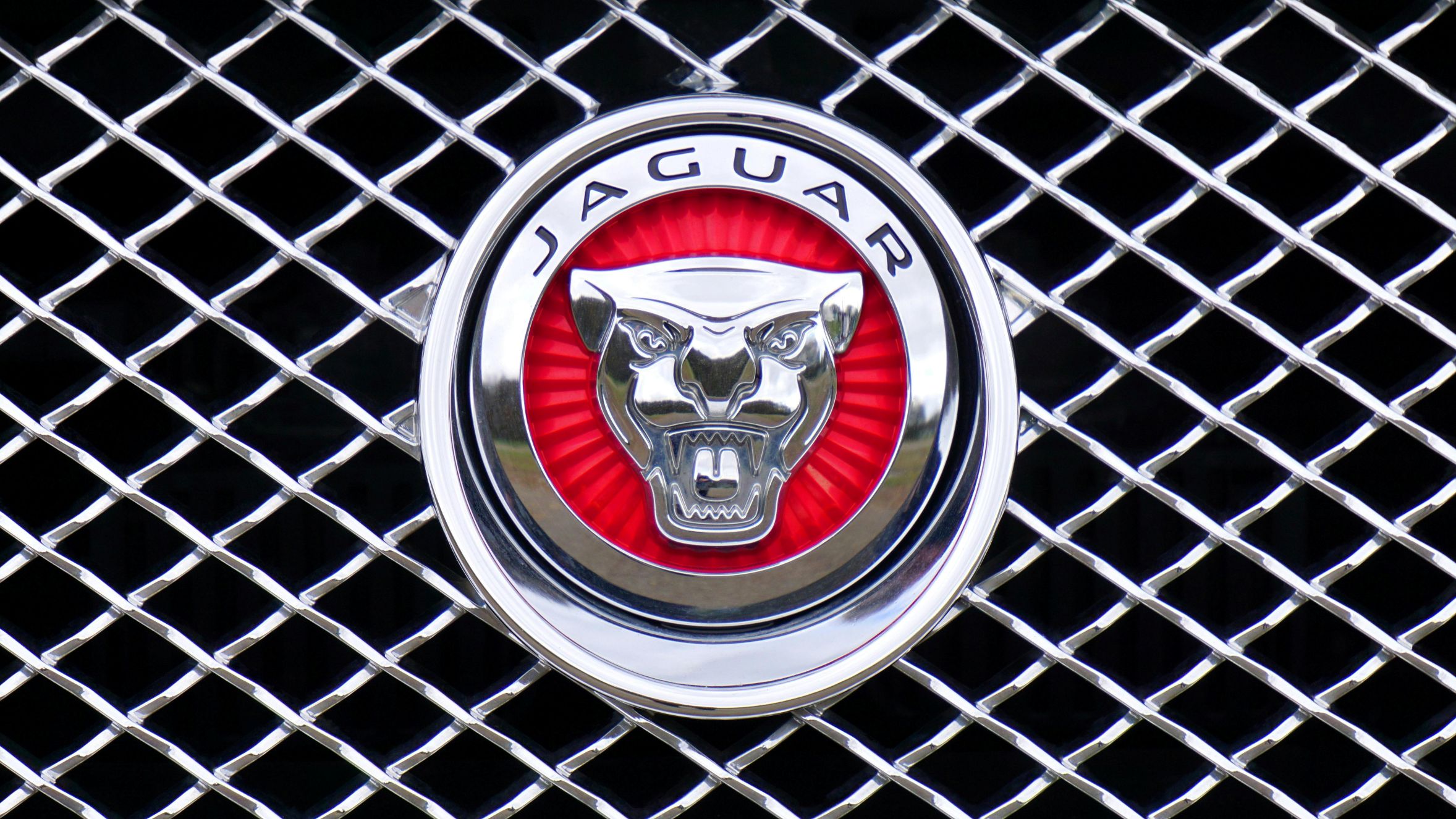Visa Stock Analysis: Is Visa a Strong Opportunity Ahead of Q4 Earnings?
$325.48
28 Jan 2026, 19:25


Production shutdown dents profits and drags on economic growth
The cyber attack that crippled Jaguar Land Rover (JLR) earlier this year has now been revealed to have cost the carmaker nearly £200 million, significantly damaging both the company’s profits and wider UK economic output.
Major Disruption to JLR Operations
Jaguar Land Rover was forced to halt production across its UK sites for nearly six weeks, following a major cyber attack. The impact was immediate and severe:
According to JLR, the production downtime affected not only its own plants but also had ripple effects across the automotive supply chain, temporarily shuttering partner factories and delaying deliveries.
Economic Impact: UK Growth Contracts
The cyber incident didn’t just hurt JLR—it also contributed to a dip in UK economic growth.
This underlines how vital the automotive sector is to the UK economy and how vulnerable it can be to digital threats.
Recovery and Investigation Underway
Despite the damage, JLR reports that operations are “pretty much back to normal”, with plants “at or near capacity” once again.
Broader Implications for Cybersecurity
The attack on JLR highlights growing concerns over cybersecurity in critical industries. Car manufacturers have increasingly become targets of ransomware and other malicious activity, due to their reliance on interconnected systems and just-in-time production models.
Similar attacks in recent years have hit Honda, Toyota, and Renault–Nissan, causing millions in damage and production losses.
What This Means for Investors and Shareholders
This high-profile breach and its cost implications are likely to raise concerns among JLR’s investors and parent company Tata Motors. While the firm appears to be on a path to recovery, the incident:
If investor confidence is shaken, share price volatility is likely, particularly if further disruptions or reputational damage emerge.
In Summary
The Jaguar Land Rover cyber attack serves as a wake-up call for manufacturers and governments alike. With nearly £200 million in direct costs and a tangible impact on national GDP, the event highlights the critical role of cyber resilience in modern industry.
As JLR works to restore its reputation and earnings, investors will be watching closely for signs of strengthened defences—and whether the firm can recoup losses in the next quarter.
Sources: (SKYMoney.com, BBC.co.uk)